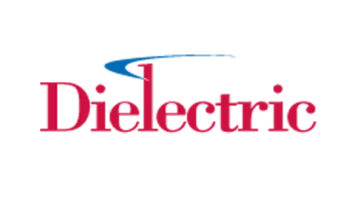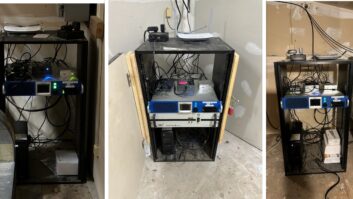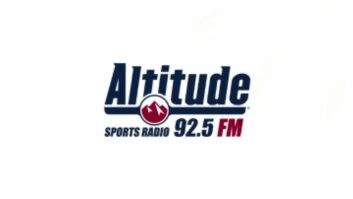FM Auction 62 postponed
Nov 1, 2005 12:00 PM, By Harry Martin
With fewer than 10 days before upfront funds were due for the forthcoming FM auction, the FCC postponed Auction No. 62 until Jan. 12. The auction of 171 new FM channels was originally scheduled to begin on Nov. 1. The last-minute postponement has chilled the enthusiasm of many would-be bidders. Even non-participants may recall that the last FM auction, Auction No. 37, which was scheduled for Spring 2001, also was postponed at the last minute and was not ultimately held until Fall 2004.
The FCC reported that the delay in Auction 62 will last only two months. It blamed the delay on the hurricanes in the Gulf Coast area and the need to allow bidders there to better prepare for the auction.
Short-form applications (Forms 175) already had been filed before the FCC announced the postponement. The FCC plans to release by mid-November a list of all such applications received by the Aug. 12 deadline.
The Sept. 30 deadline for correcting any errors in short-form auction applications (Forms 175) and the submission of upfront money has been extended to Dec. 2. Only applicants who submitted applications by Aug. 12 will be allowed to participate in the upcoming auction.
Ownership interests affect bidding credits
The postponement of the FM auction provides an opportunity for would-be bidders to reassess their bidding strategies. And those who take advantage of that opportunity should consider a recent FCC decision concerning the loss of bidding credits where the bidder’s position changed after the deadline for Forms 175.
The Commission’s bidding rules provide that applicants with no other media interests are entitled to a 35 percent bidding credit. Under the credit procedure, eligible entities pay the FCC 35 percent less than their winning bids. Bidders who hold one-to-three media interests are deemed to be entitled to a 25 percent bidding credit.
The purpose of the bidding credit policy is to encourage new entrants, or those with few interests, by giving them a financial advantage.
Auction participants are required to disclose their other media holdings � and, therefore, their eligibility for bidding credits � in their short-form application (FCC Form 175), which are filed several months in advance of the auction. But, the fact that a party’s application may seem to reflect entitlement to a credit does not necessarily mean that, when the time comes to pay up, the credit will still be applicable.
In that decision an applicant’s Form 175 application showed that it had no other media interests. But that was only as of the date the application was filed. Shortly after the Form 175 was filed, the applicant closed on its acquisition of another media interest. As a result, the FCC reduced the applicant’s bidding credit from 35 percent to 25 percent.
The applicant argued that the FCC’s auction policies provide that bidding credit eligibility is to be based on media ownership at the time the auction applications were due. The FCC rejected this argument because it had previously clarified in other rulings that an auction applicant’s bidding credit status is not frozen at the time auction applications are filed, and can be lost or reduced after the filing date if attributable media ownership increases.
Dateline:
Dec. 1 is the deadline for radio stations, LPFM stations and FM translator stations in Connecticut, Massachusetts, Maine, New Hampshire, Vermont and Rhode Island to file their 2005 license renewal applications. Full-power radio stations also must file their biennial ownership reports and EEO program reports with their renewal applications.
Dec. 1 is the start date for pre-filing renewal announcements for radio stations in New York and New Jersey, in anticipation of the filing of their renewal applications on Feb. 1, 2006.
Dec. 1 is the deadline for radio stations in Alabama and Georgia to file their biennial ownership reports.
Dec. 1 is the deadline for radio stations in the following states to place their 2005 EEO public reports in their public files and post them on their websites: Alabama, Colorado, Georgia, Massachusetts, Maine, Minnesota, Montana, New Hampshire, North Dakota, Rhode Island and South Dakota.
Martin is immediate-past president of the Federal Communications Bar Association and a member of Fletcher, Heald & Hildreth, Arlington, VA. E-mail[email protected].












